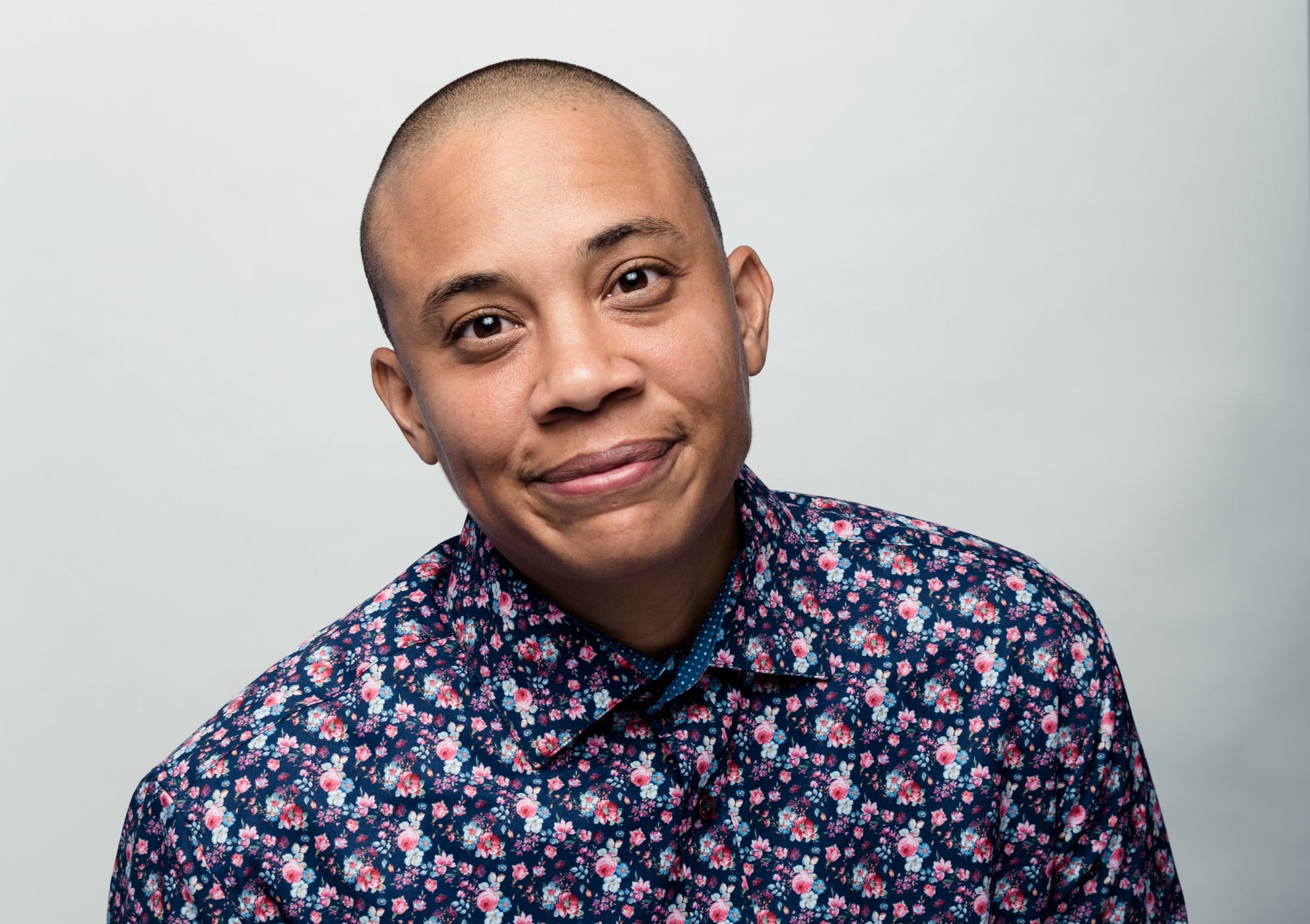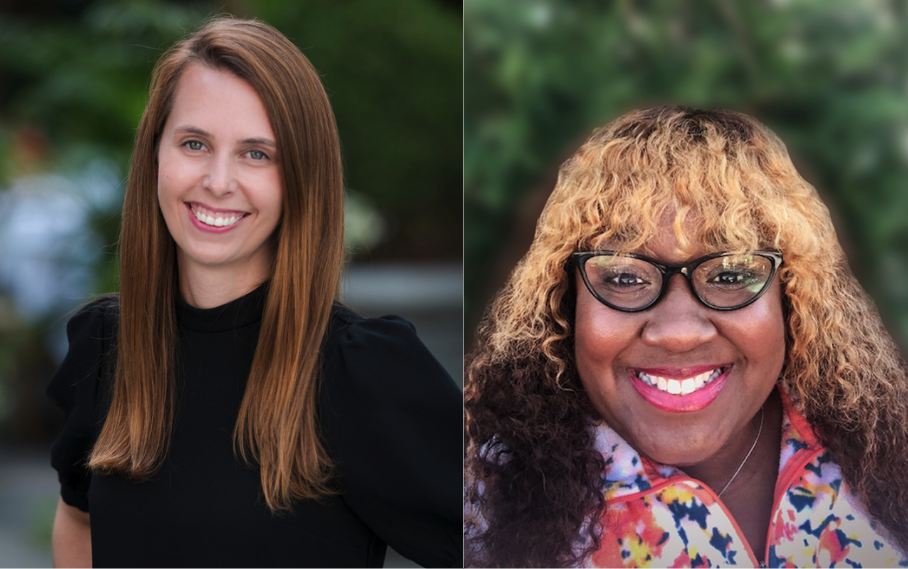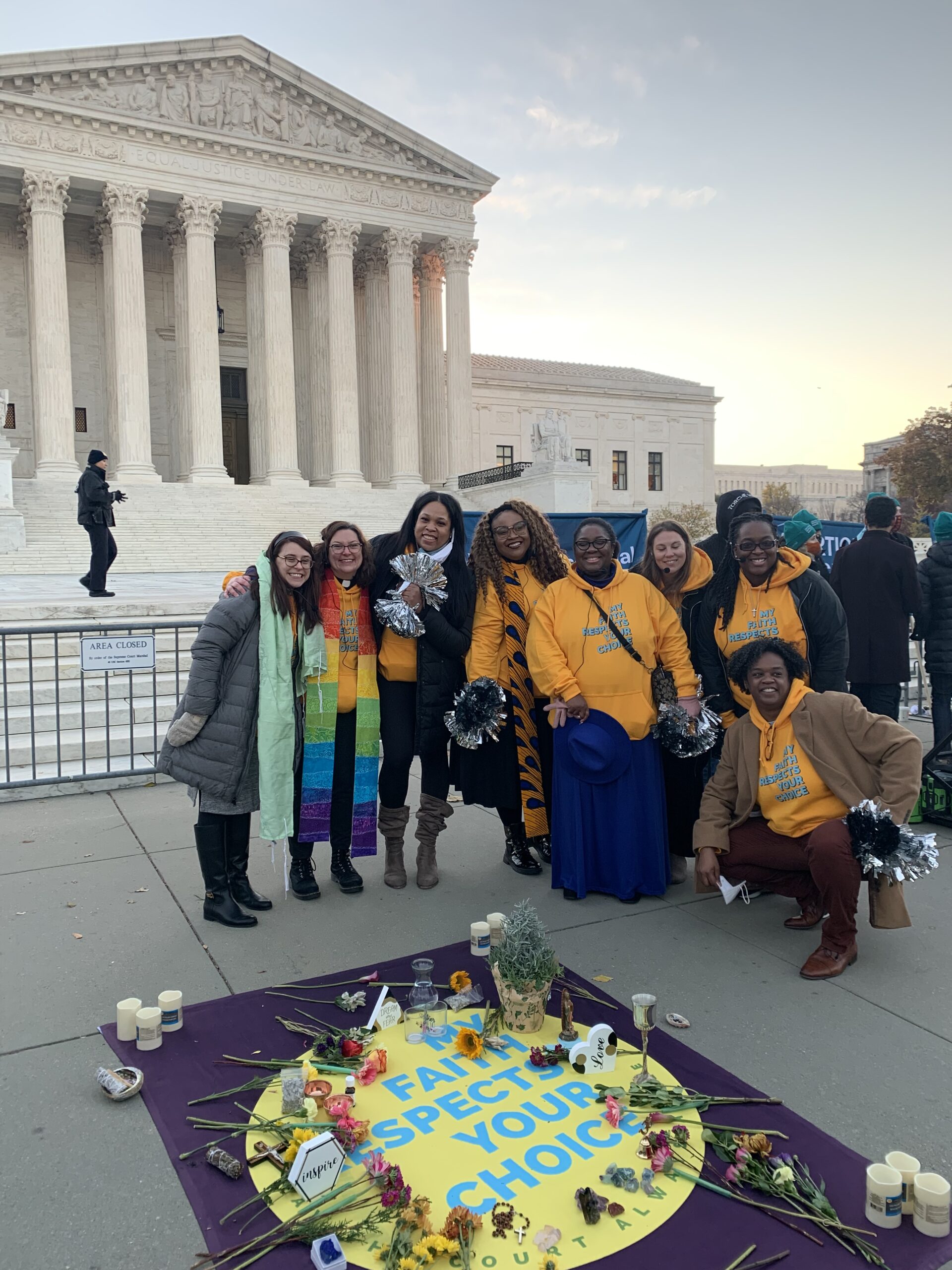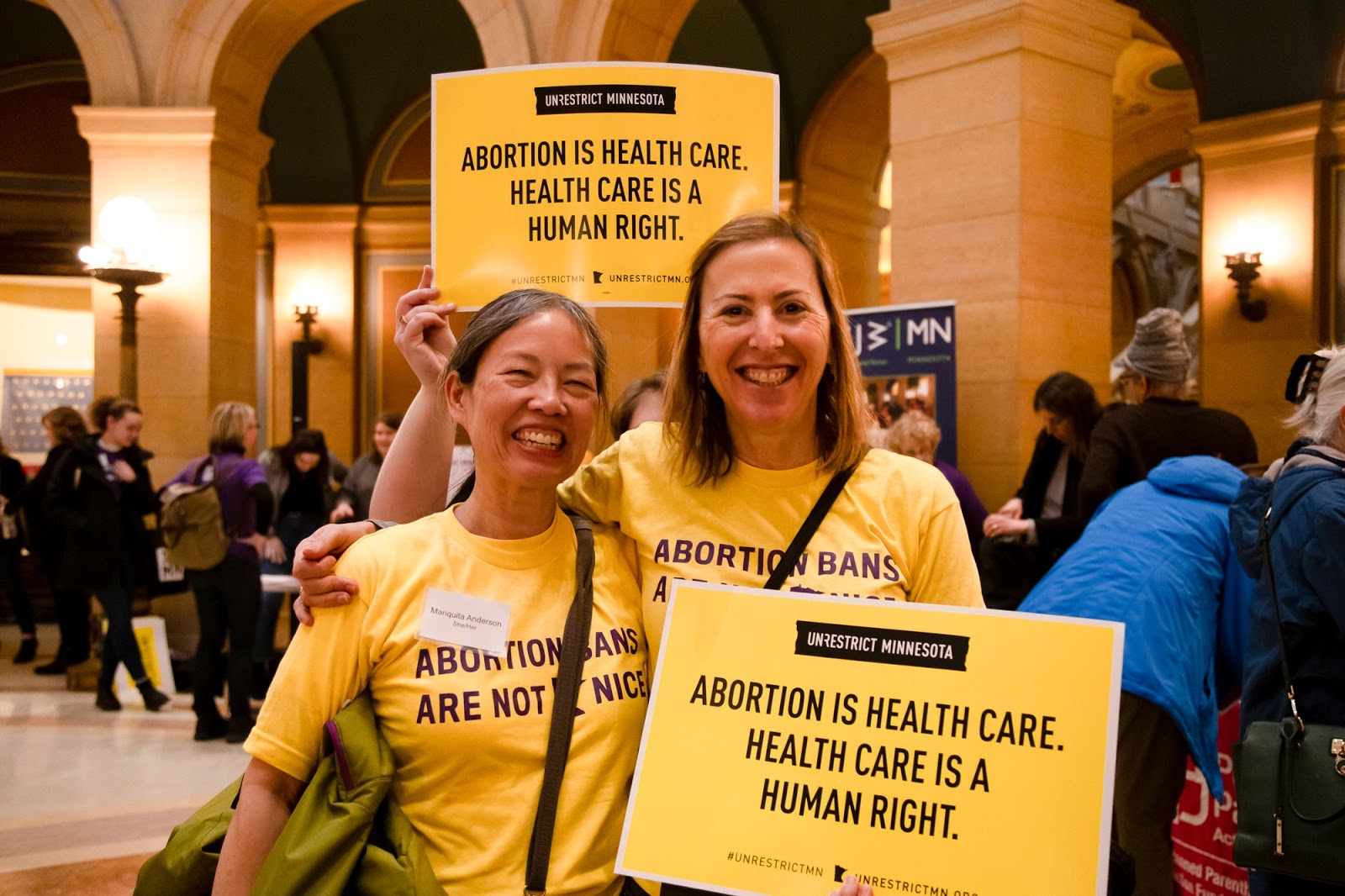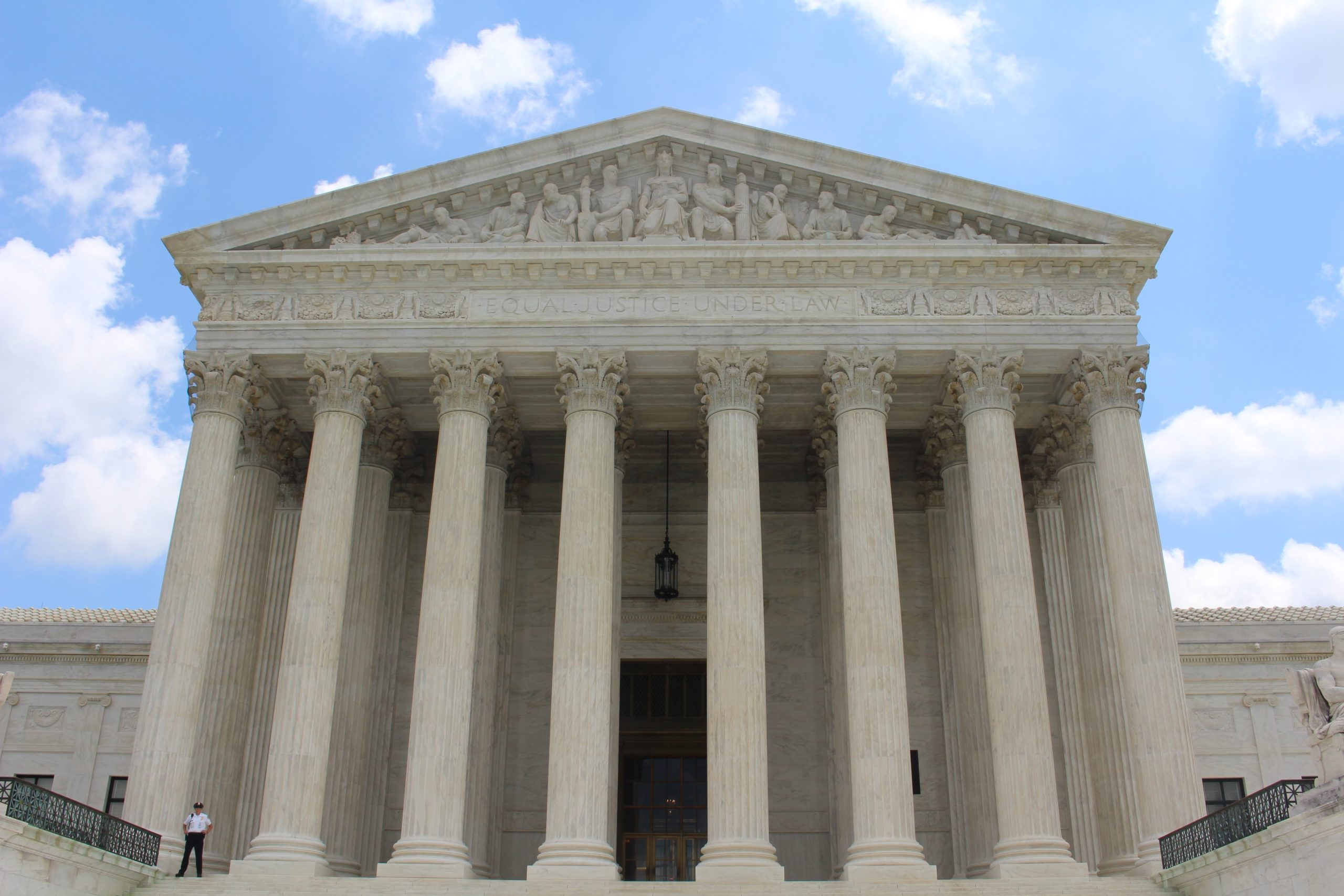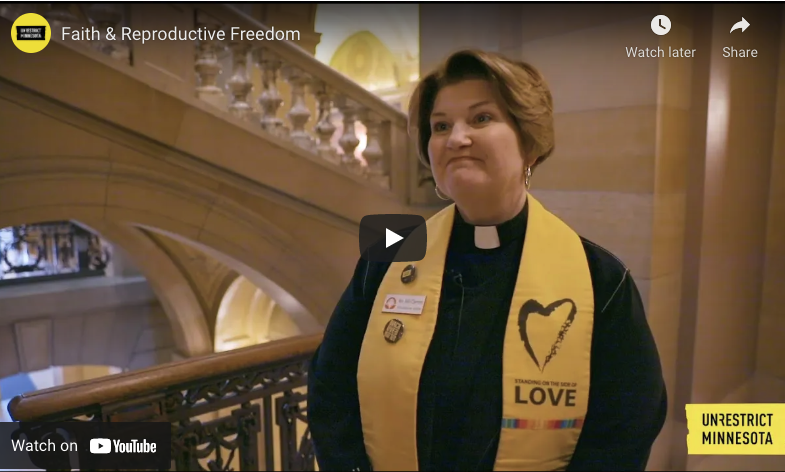I was born Black, queer, and female into a Pentecostal family in the south. Faith and religion have been a part of my life from the very beginning, and so has the weaponization of faith. I spent the formative time of my teenage years and young adulthood wrestling with not just my own identity but the identity of a God that was given to me before I had real understanding. During that time, I encountered people of many different faith expressions on a similar quest and discovered something profound. Religion in this country has always had a PR problem. Though most of the traditions of love that we call religions promote compassion, care, empathy and love, the voices heard loudest are those who distort the teachings of their faith to oppress. This has resulted in a dominant narrative that paints all people with a single moral brush stroke. More importantly that narrative has been used as support for egregious legislation that has truly little to do with strong faith convictions and much more to do with power and control.
I also discovered something else as a teen struggling to make sense of God and myself. I found that though there were loud voices that weaponized faith throughout this country’s history, there had also always been faith voices at the forefront of almost all progressive movements in the country as well. The abolitionist movement of the 19th century was spearheaded by faithful people. The labor movement of the 1930’s onward found its moral center when faith leaders among them helped to push the movement past the boundaries of race and ethnicity. The civil rights movement of the 1960’s would not have been nearly as effective if not for the moral leadership of faithful people of many religions. In pre-Roe days in America, clergy used the protection of their office to help those seeking abortions to get the care they needed. And even now there are faithful people involved in every level of justice work. There’s one main issue here though. In contemporary times, progressive faith voices struggle to be heard as a direct result of being under resourced.
Since the rise of the “Moral Majority” in the late 1970’s many in the progressive movements have abandoned the idea that faith can be progressive. There seems to have been a general ceding of engaging faith communities to the conservative right. This means that for the first time in our history the counter narrative to oppressive doctrine is not as loud as it could be to effectively push back against the narrative of a very small faction of people weaponizing their religion to amass power. Instead, the narrative of that small faction has now become dominant in the public sphere. For 50 years we progressives have allowed this tiny subsection of American faith practitioners to define religiosity and claim a moral high ground that was never theirs to claim and because of that we now face the scourge of white Christian nationalism that has always existed but is now threatening the very fabric of our declared democracy.
According to the most recent Pew research, 70% of Americans consider themselves as religious with 64% claiming Christianity of some sort. Most of those people also believe in civil and human rights but somehow their voices are not the ones we hear about on the news. This is not for want of trying. For decades now faithful people who align with progressive values have been doing the work of organizing in their communities to provide both safety for those communities and pushback against oppressive systems. Most do this with limited resources relying on the good will of the few philanthropic minded people who see the value in what it is they do. Even with these limitations, faith organizing has still been able to make an impact by working in collaboration with those most affected by systems of oppression to: 1) source material and direct support for the needs of their community 2) use the collective to amplify voices in opposition to antiquated narratives that paint faithfaithful people as inherently conservative, and 3) insist that the dignity of all humans be acknowledged in ways that those steeped in faithful traditions of love and justice do best.
2023 and 2024 saw the introduction of the most substantial anti LGBTQ+ legislation in modern history. Across the country state houses were inundated with bill proposals to limit and restrict the liberties of queer people and diminish their full participation in citizenry. Many of the Rights, Faith and Democracy Collaborative’s grantee partners were at the for front of resisting this rising tide of anti queer sentiment, and at the core of their strategy was engaging faith communities to show up for queer folk.
The RFDC Minnesota Cohort, which consists of OutFront Minnesota, Gender Justice, Jewish Community Action, and Take Action Minnesota, centered faith in their efforts to push back against the rising tide of white Christian nationalism that was showing up in their schoolboard races They along with their community faith partners crafted messaging that warned about the dangers of Christian Nationalist ideology and how having such extreme thinking in positions of power would adversely affect the safety and education of ALL students in the state, but especially LGBTQ+ students. Their messaging campaign was successful and many of the extremists seeking to infiltrate schoolboards in Minnesota were unsuccessful. Faith communities were instrumental in this effort and provided the moral authority that some citizens needed to fully grasp the message. Having clergy and faithful people to counter the message of those weaponizing faith to their own end allowed folks to see that the issue at hand was not about religion, because there were religious people who clearly believed differently, but about consolidating power into the hands of a few to push their world view.
As the rise of the threat of White Christian nationalism intensifies, it is important now more than ever to make sure that progressive people who speak the language of faith are resourced to counter the attack on our democracy. Those on the conservative side of these issues lead with their faith as a way to establish moral superiority regarding issues. It is beyond time that the progressive narrative that has always existed to counter their message be heard louder and farther than ever before. The most tangible way to do that is by resourcing the expansion of existing faith organizing already happening across the country while also making sure those emerging in the space have what they need to make the biggest and most far-reaching impact as possible.
What would our country be like if the voices of progressive faithful people set the moral standard instead of the small faction of far-right actors using their religion as a weapon? We’d have a pluralistic society based on mutual access. There would be an emphasis on inclusion and expansion. Justice and mercy would be centered in the ways we sought to legislate. We’d operate from an ethic of care. And our public discourse would seek to empower those voices least heard.
Progressive faith voices and those who organize in faith communities have been integral to pushing back against egregious authoritarianism throughout our country’s history and in my opinion their voices are still the most effective strategy to do that work today, but they are only as effective as their resources. The progressive faith movement is filled with amazing organizers, who with the proper resources can do what their vocation compels them to; reclaim the moral high ground for love, compassion, equity, and care which would shift the culture and bolster our democracy.
As philanthropic partners to our justice movements, we have a couple of tasks at this moment. The first is to recognize the importance of progressive faith as a strategy to counter the weaponization of religion. The best way to effectively oppose a moral argument is with a counter argument also based on moral conviction. We have to make sure that extremists don’t get to own the moral narrative. Our next and most important job is to fund those Faith leaders and organizations on every level, local, state, and national, who have already been doing this work woefully under resourced.
In a country where the majority still identifies as faithful, we can no longer afford to cede faith to the right. If we are going to win back our democracy, we have to keep the faith!
Rev. Kenyatta Chinwe brings her faith-based leadership, arts, and management skills to her role at RFDC. As a Black, queer, genderfluid woman and the descendant of generations of Pentecostal Christian ministers, Kenyatta has been immersed in a faith community since birth. Previously a youth minister in the apostolic church, she became an ordained minister in the Madonna Interfaith Ministries in 2006. She worked to advance reproductive justice as the faith advocacy coordinator for SisterSong, the national, women of color reproductive justice collective. She is a founding member of the Spiritual Alliance of Communities for Reproductive Dignity (SACReD) which works to shift culture through congregation and community education on reproductive dignity.



